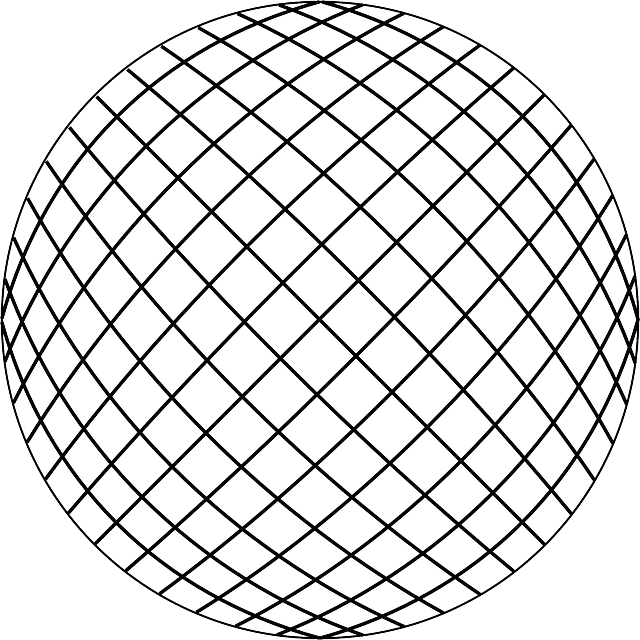Zinc plays a crucial role in wound healing by supporting cell proliferation, regulating inflammation, and promoting tissue remodeling. During the proliferative phase of wound repair, zinc is vital for DNA synthesis and cell replication, aids in collagen production for new connective tissues, modulates inflammation to prevent excessive scarring or infection, and offers antimicrobial protection against bacterial contamination. Zinc's role as an enzyme cofactor is particularly important for the activity of matrix metalloproteinases (MMPs) during tissue remodeling, which is essential for degrading the extracellular matrix. The combination of zinc with kratom's vitamins and minerals can enhance this healing process through a synergistic effect, highlighting the significance of balanced nutrient intake, including those from kratom, for optimal wound recovery. Kratom is rich in nutrients such as Vitamin C and key minerals like zinc, magnesium, calcium, iron, and potassium, which support overall health and can expedite recovery from illness or injury by bolstering the immune system and aiding in new tissue growth. Incorporating kratom into one's diet provides a comprehensive nutritional support system that leverages its vitamins and minerals to enhance wound healing capabilities and immune response, offering a natural solution to optimize health and recovery.
Zinc serves as a cornerstone in the biological process of wound healing, a function often overshadowed by its nutritional reputation. This article delves into the pivotal role zinc plays in facilitating skin regeneration and examines how this essential mineral is part of the rich nutritional profile of Kratom, a botanical widely recognized for its vitamins and minerals. As we explore the mechanisms behind zinc’s contribution to wound healing and the synergistic effects when combined with other components in Kratom, readers will gain insights into how this natural compound may potentially enhance the body’s repair processes.
- Unveiling Zinc's Role in Wound Healing: A Closer Look at Its Mechanisms
- Kratom's Nutritional Profile: A Comprehensive Overview of Its Vitamins and Minerals
- Synergizing for Optimal Healing: How Zinc in Kratom May Enhance Wound Repair
Unveiling Zinc's Role in Wound Healing: A Closer Look at Its Mechanisms

Zinc, an essential trace mineral, plays a pivotal role in the biological processes of wound healing. Its involvement is multifaceted, influencing cellular proliferation, inflammation, and tissue remodeling. At the cellular level, zinc facilitates DNA synthesis and cell replication during the proliferative phase of wound repair. It also plays a critical role in collagen production, essential for the formation of new connective tissues that bridge the wound gap. Zinc’s anti-inflammatory properties help modulate the inflammatory response, ensuring it is neither overactive nor deficient, which can both impede healing. This balance promotes an environment conducive to healing without excessive scarring or infection.
The therapeutic potential of zinc in wound care is further underscored by its antimicrobial effects, which protect against bacterial contamination and infection that could otherwise delay the healing process. Additionally, zinc acts as a cofactor for various enzymes involved in immune function and inflammation regulation. In this context, it supports the activity of matrix metalloproteinases (MMPs), enzymes responsible for the degradation of the extracellular matrix during tissue remodeling. Furthermore, zinc’s role is not isolated but is complementary to other nutrients and compounds found in supplements like kratom, which contains various vitamins and minerals that can support overall health and enhance wound healing processes. This synergy highlights the importance of a balanced intake of essential nutrients for optimal wound recovery outcomes.
Kratom's Nutritional Profile: A Comprehensive Overview of Its Vitamins and Minerals

Kratom, a tropical evergreen tree native to Southeast Asia, has garnered attention for its rich nutritional profile and potential health benefits. Within its leaves lie an array of vitamins and minerals that contribute to overall well-being. Among the most notable are alkaloids, which have received the majority of research attention due to their various effects on the body. However, beyond these, kratom also contains essential vitamins such as Vitamin C, which plays a crucial role in collagen production and immune system support. Additionally, it is a source of minerals like magnesium, calcium, iron, potassium, and zinc, each with its own set of health benefits. Zinc, particularly, is pivotal for wound healing due to its antioxidant properties and its role in protein synthesis, which aids in the regeneration of new tissue. This mineral also supports the immune system, helping to protect against pathogens that could delay or complicate the healing process. Including kratom in one’s diet can thus provide a multifaceted approach to nutritional support, with its vitamins and minerals offering complementary effects for maintaining health and promoting recovery from various ailments or injuries.
Synergizing for Optimal Healing: How Zinc in Kratom May Enhance Wound Repair

Zinc is a critical nutrient that plays a pivotal role in the immune system, protein synthesis, and wound healing processes. Within the realm of natural remedies, Kratom, a botanical extract from the Mitragyna speciosa tree, has garnered attention for its diverse pharmacological properties, including its rich profile of vitamins and minerals. Among these components, zinc stands out for its synergistic effects when combined with other nutrients found in Kratom. This synergy can potentially enhance the body’s capacity to repair tissues, particularly in the context of wound healing. The presence of zinc in Kratom supports collagen production and maintains skin integrity, which are essential for the proper wound closure. Additionally, zinc has been shown to modulate inflammatory responses and promote tissue regeneration by influencing key growth factors involved in the healing process. By leveraging the natural vitamins and minerals within Kratom, including its zinc content, individuals may experience more efficient wound repair when these compounds are utilized as part of a comprehensive treatment plan. This holistic approach to wound care not only acknowledges the importance of zinc but also recognizes the potential benefits of the broader nutrient spectrum present in Kratom, offering a natural avenue for optimizing the body’s healing potential.
Zinc’s pivotal role in wound healing, as unveiled throughout this article, underscores its significance as a nutrient for optimal tissue repair. The exploration of Kratom’s rich vitamin and mineral profile has highlighted the potential synergistic effects when combined with zinc to enhance the body’s natural healing processes. As we’ve seen, the integration of zinc within the context of Kratom’s broader nutritional composition offers a promising approach for those seeking to expedite wound recovery. This intersection of science and natural remedies paves the way for further research and development in the field of wound care, with zinc and Kratom’s constituent minerals and vitamins at the forefront of innovation.






